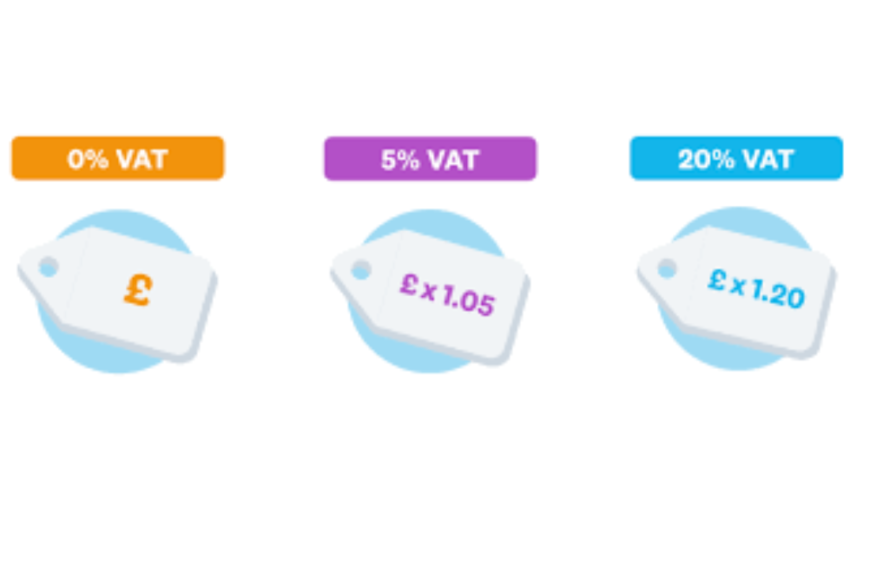In recent years, the UK has witnessed a quiet but significant shift in how people access dental care. Once heavily reliant on NHS dentistry, more and more patients are now turning to private dental practices to meet their oral health needs. This change hasn’t happened overnight—it’s been building gradually, fuelled by growing dissatisfaction with the public system and an increasing awareness of what private care can offer.
Long waiting times, limited appointment availability, and a sense of unpredictability in accessing NHS services have all played a role in this movement. Many patients have found it difficult to secure timely appointments for even routine check-ups, leading to delays in treatment and growing anxiety about dental health. In contrast, private practices often promise quicker access, greater flexibility, and a more personalised experience—benefits that are becoming harder for consumers to ignore.
This shift reflects not just frustration, but also changing expectations. Patients today are looking for more than just basic care—they want consistent service, a comfortable environment, and the ability to make choices about their own treatment. As the private sector rises to meet these demands, the landscape of UK dentistry is being reshaped. What was once considered a premium or exclusive option is fast becoming a practical alternative for everyday dental care.
Long NHS Wait Times Are Driving Patients Away
One of the most common complaints from UK dental patients today is the sheer difficulty of securing an NHS appointment. In many areas, especially rural and underserved regions, wait times can stretch from weeks to several months. Even for something as routine as a check-up or cleaning, patients are often told there are no available slots—or worse, that the practice isn’t accepting new NHS patients at all.
This has led to widespread frustration. People are left with untreated issues, resorting to emergency appointments only when the situation becomes too painful or urgent to ignore. The unpredictability of NHS access has pushed many to feel they can no longer rely on the system for consistent, preventative care.
Adding to the challenge is the regional variation in access. Some areas, particularly parts of England, Wales, and Northern Ireland, are experiencing what many call “dental deserts,” where the number of NHS dentists is so low that basic care becomes a logistical struggle. Patients in these areas are often forced to travel long distances or join waiting lists that offer no guaranteed timeline.
In contrast, private dental practices tend to offer more immediate and flexible booking options. This convenience is a major factor driving the shift—patients are simply looking for timely care they can depend on
Freedom to Choose: The Appeal of Picking Your Own Dentist
Another major advantage of private dental care is the freedom it gives patients to choose their dentist. Under the NHS, this choice is often limited, especially in areas where demand far outstrips supply. Patients might be assigned to whoever is available, with little opportunity to build rapport or continuity.
In private practices, however, patients can select a dentist based on personal preference, recommendation, or even a specific treatment style. This ability to choose fosters trust—patients are more likely to feel comfortable, ask questions, and follow through with treatment when they feel a personal connection with their dental professional.
For many, seeing the same dentist each visit isn’t just about convenience—it’s about confidence. When a dentist becomes familiar with a patient’s history, preferences, and sensitivities, they’re better equipped to offer tailored care. That continuity is difficult to achieve in NHS settings, where staff turnover and appointment backlogs can make it hard to see the same practitioner consistently.
A More Comfortable, Modern Dental Experience
The difference in environment between NHS and private dental practices is often stark. Many NHS clinics, due to limited funding and high patient volume, operate in older buildings with basic equipment and minimal aesthetic appeal. While the care itself can be excellent, the setting may feel rushed, clinical, or outdated.
In contrast, private practices are investing heavily in creating welcoming, modern environments designed to enhance patient comfort. From stylish waiting areas with refreshments and ambient lighting to treatment rooms equipped with the latest digital technologies—such as 3D scanners, same-day crowns, and digital X-rays—private practices offer a more premium, stress-free experience.
Practices like the Martina Collins Dental Practice in Belfast exemplify this shift. Patients there benefit from a calming atmosphere, optional entertainment during procedures, and attentive staff focused on delivering a smooth, anxiety-free visit. For many, the improved surroundings and service quality are reason enough to switch.
Consistency and Continuity: Seeing the Same Dentist Every Time
Continuity of care is another area where private dentistry shines. In the NHS system, frequent staff changes and heavy workloads can mean patients see different dentists from one visit to the next. This lack of consistency can make it difficult to build rapport or track the progression of dental health over time.
Private practices, on the other hand, often ensure that patients are booked with the same dentist each time. This familiarity fosters a stronger relationship, improves communication, and allows for more personalised care. Dentists who know a patient’s history and preferences can more effectively tailor treatments, monitor changes, and offer proactive advice.
This kind of ongoing, individualised attention not only boosts patient confidence but also leads to better long-term outcomes—making it a key factor in the growing appeal of private dental care.
Expanding Treatment Options Beyond the Basics
NHS dentistry focuses primarily on essential care—treatments that are medically necessary. This can exclude or limit access to services such as teeth whitening, veneers, Invisalign, and dental implants. For patients seeking cosmetic improvements or advanced restorative options, the NHS simply doesn’t offer the full range.
Private dentistry fills this gap. Clinics provide access to cutting-edge procedures and aesthetic treatments that go far beyond the basics. Whether it’s smile makeovers, composite bonding, or full-mouth rehabilitation, private practices are equipped to deliver highly tailored solutions that prioritise both health and appearance.
This broader scope of services makes private dentistry especially appealing to those seeking confidence-boosting cosmetic enhancements or more sophisticated long-term solutions.
Public Perception and Patient Satisfaction
Public trust in NHS dentistry has been eroding in recent years. Stories of inaccessible care, emergency-only appointments, and underfunded clinics dominate headlines. While many NHS dentists work tirelessly within the system, the overall perception is increasingly one of decline and frustration.
In contrast, private dental care is often seen as more attentive and customer-focused. Patients report feeling better listened to, less rushed, and more involved in decision-making when they go private. From flexible appointment times to follow-up support, private providers are perceived as offering a more compassionate, patient-led experience.
This growing divide in satisfaction is accelerating the shift—especially as word of mouth and online reviews influence patient decisions.
The Growth of Private Dentistry: Why the Trend Is Accelerating
Several cultural and technological factors are propelling the private dentistry boom. Younger generations are more open to self-funding their healthcare and less inclined to wait for state services. They see spending on health—particularly appearance-related services like dentistry—as an investment.
At the same time, the rise of digital tools has made private care more accessible. Online booking, video consultations, and social media marketing allow practices to attract and retain patients more easily. Dental practices can now showcase their services, success stories, and personalities online, helping patients make informed choices quickly.
These shifts in attitude and accessibility are creating momentum—and private dentistry is riding the wave.
The Business Boom: New Practices, New Choices
As demand for private dental care grows, so too does the number of providers. Entrepreneurial dentists and corporate-backed ventures are launching new practices across the UK, expanding availability and creating more competitive options for consumers.
This surge in private practices is encouraging innovation. Clinics are experimenting with membership plans, same-day treatments, extended hours, and subscription-style dental care to attract loyal patients. With competition driving service quality, patients benefit from improved experiences and a wider range of choices than ever before.
Read more: How Data Science Is Revolutionizing EV Charging Station Optimization
Conclusion
The move toward private dentistry in the UK marks a significant evolution in how patients approach oral health. From shorter wait times and greater freedom of choice to better environments and more advanced treatments, the private model offers compelling advantages.
While NHS dentistry remains essential—particularly for vulnerable populations—private practices are stepping in to meet rising expectations and fill gaps left by the public system. As technology, culture, and convenience converge, the rise of private dental care shows no sign of slowing. For many, it’s not just an alternative—it’s the future of dental health.
















